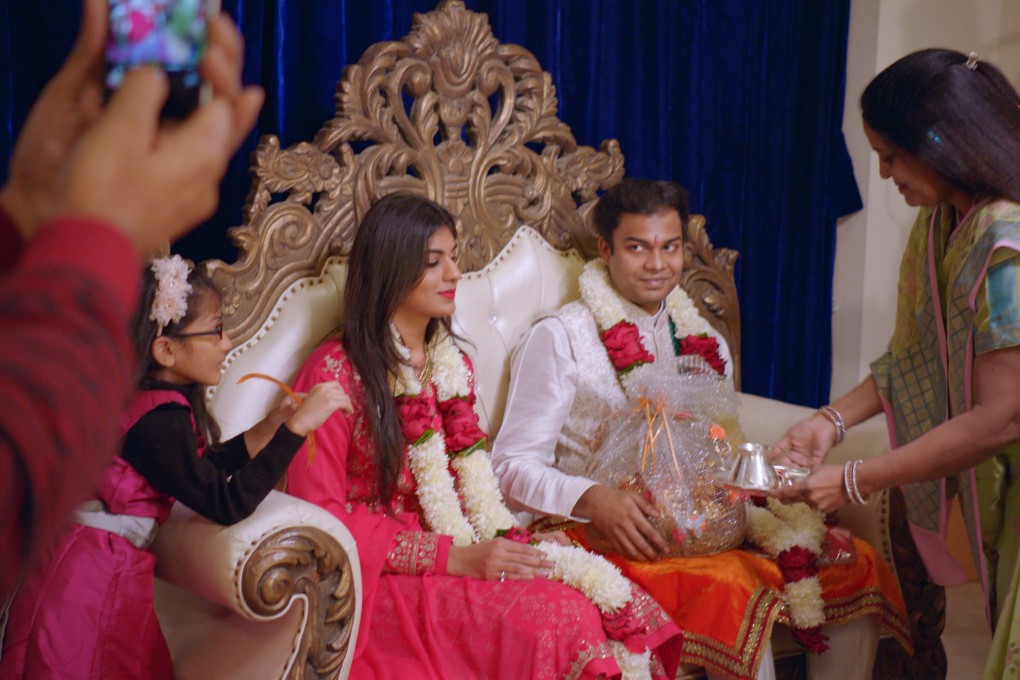What a view | Indian Matchmaking: what’s love got to do with it on the new Netflix show?
- The eight-part first season follows Mumbai-based matchmaker Sima Taparia as she attempts to help young professionals find partners
- Biodata brings a modern edge to the ‘big business’ that is arranged marriage, but there’s always astrology to fall back on

“What’s love got to do, got to do with it; what’s love, but a second-hand emotion?” as Tina Turner memorably warbled. One might ask the same of the reality stars of Indian Matchmaking (Netflix), the show that is to romance what chartered accountancy is to artistic expression. Biodata and personal profiles, it seems, are the contemporary currency of the “big business” that is marriage.
Repeated totting up of the essential qualities demanded of a mate is the cornerstone of this revealing eight-part first series, rich in the inadvertent humour that flows from the general awfulness of those few entitled individuals who take themselves too seriously.
Saving parental face subjects some “candidates” to intense pressure to marry by a certain age; to someone of a certain social standing; with no dirty little family secrets; to someone “like Will Smith”; with precise prospects; of particular cultural or racial aspect; of a certain height; and on and on. Despite their finickiness, however (“the clients, they want everything”, laments Taparia), most seem genuinely agreeable people simply unlucky in love.
And Indian Matchmaking cleverly throws their good natures into relief by making room for the time wasters, mummy’s boys, participants who probably spotted an opportunity for self-advertisement and the plain obnoxious. Most frightening for some in this game of matrimonial headhunting though is the gauntlet-running otherwise known as meeting the family … the whole lot of them, sometimes, everyone inspecting the startled hopeful as if at a mob-handed job interview. Tradition can be terrifying.
Taparia objects to the term because of its historical baggage, nevertheless, what she facilitates is the arranged marriage – an institution that, whatever cynics might say, can nurture true love. In When Harry Met Sally-style, couples married for decades take to the sofa to reminisce, suggesting that the biodata-crunching approach is merely the modern means of achieving the same, old, end.
And when that doesn’t work, the exasperated matchmaker can always fall back on face-reading and astrology. Because marriage may be many stops down the line, says one stargazer, “when Lord Jupiter is driving your bus”.

